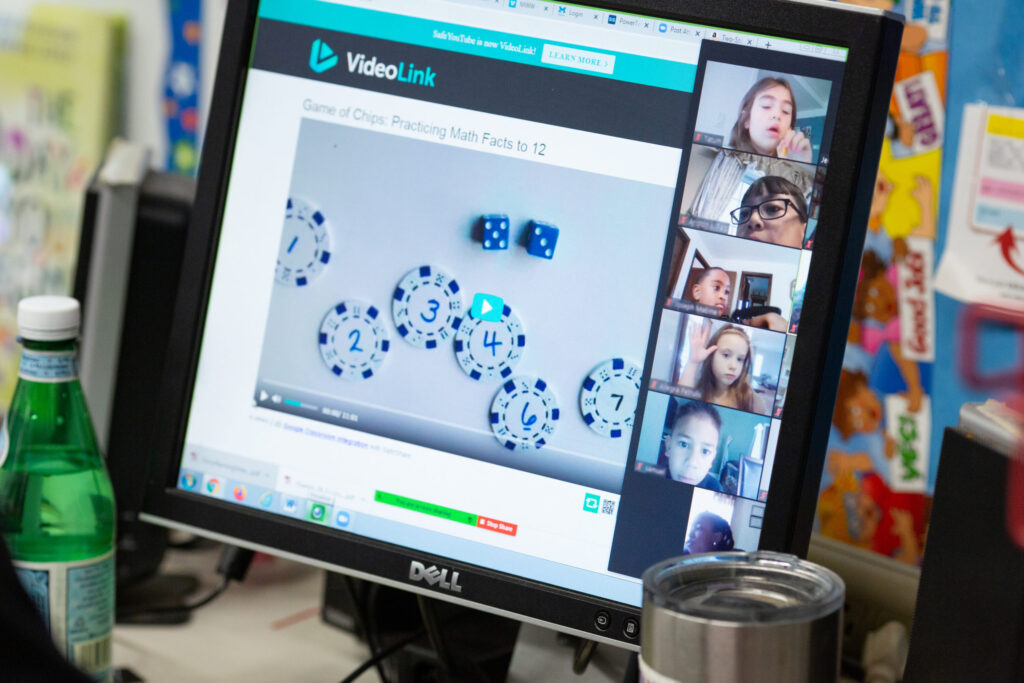Is it 2025 yet? No? Still 2020?
Though this year may have felt like five, it is at long last coming to a close. For the Remake Learning network, it was a year of unprecedented challenge. We faced dual pandemics, school closures, remote learning adaptations, endless Zooms, and constant cancellations, all while trying to plan for a future we couldn’t possibly predict. But this year wasn’t without its positives: We waded through new learning landscapes together, we started deep discussions on race and equity across different audiences (from administrators to rural educators), and we came together, virtually, in moments of joy and celebration.
In many ways, this year reaffirmed the vision and values Remake Learning has always prioritized. We first formed around the idea that technological and social advance has made the future impossible to predict, and in turn, we can only prepare young people by helping them learn to think critically, adapt, problem-solve, and collaborate. In no other year have these very skills been so important. At the same time, this year has also reminded us, from behind our screens, of the importance of relationship building and cultural understanding, and even curiosity and play. These are more tenants around which Remake Learning is built.
Throughout it all, we shared the stories of big challenges and small wins, and the many educators behind them. As we prepare to bid 2020 farewell, we wanted to share a few of our most-read and most-loved stories here. Let’s take a look.
“Remaking Tomorrow” report points toward a post-pandemic future built on innovation and community collaboration >>
A quick introduction to Remaking Tomorrow: Learning in a Post-Pandemic Future and the findings of the Future of Learning Commission, a group of education thought leaders who convened in May and June to think about the ways learning can and must change in the wake of the pandemic—from space definition and methodology design to related aspects of racial equity, personalized learning, and relationship building. Plus, the action steps educators and schools can take to implement these findings.
Promising Practices: How 5 OST Organizations are Connecting with Youth >>
Published during the initial height of the pandemic, this quick roundup gives examples of how out-of-school organizations like Assemble, The Mentoring Partnership, and Venture Outdoors were adapting to maintain programming, and more importantly, connections with youth throughout the COVID-19 shutdown.
Parents don’t have to be perfect. They just have to be involved. >>
Some good news from the year? A growing body of research confirms that parental involvement in learning improves children’s lives and futures, even when it’s a little imperfect. The story dives into the reciprocal impacts of parental and youth engagement on learning and offers three concrete ways educators of all kinds can form deeper, more meaningful relationships with young people.
You Are Here: The Power of Place in Learning >>
A briefing on place-based learning and examples in action from across both the network and the country.
Facing a school year like no other, The Pittsburgh Learning Collaborative builds a growing culture of cooperation >>
This Chronicle of Philanthropy article introduced the powerful connective tissue of our region’s education ecosystem to the nation. The story recounts the early days of the Pittsburgh Learning Collaborative, which formed in response to COVID-19 and transcended the lines between schools, corporations, nonprofits, and human services to connect kids to the technology and other resources they needed (and continue to need) while learning at home.
